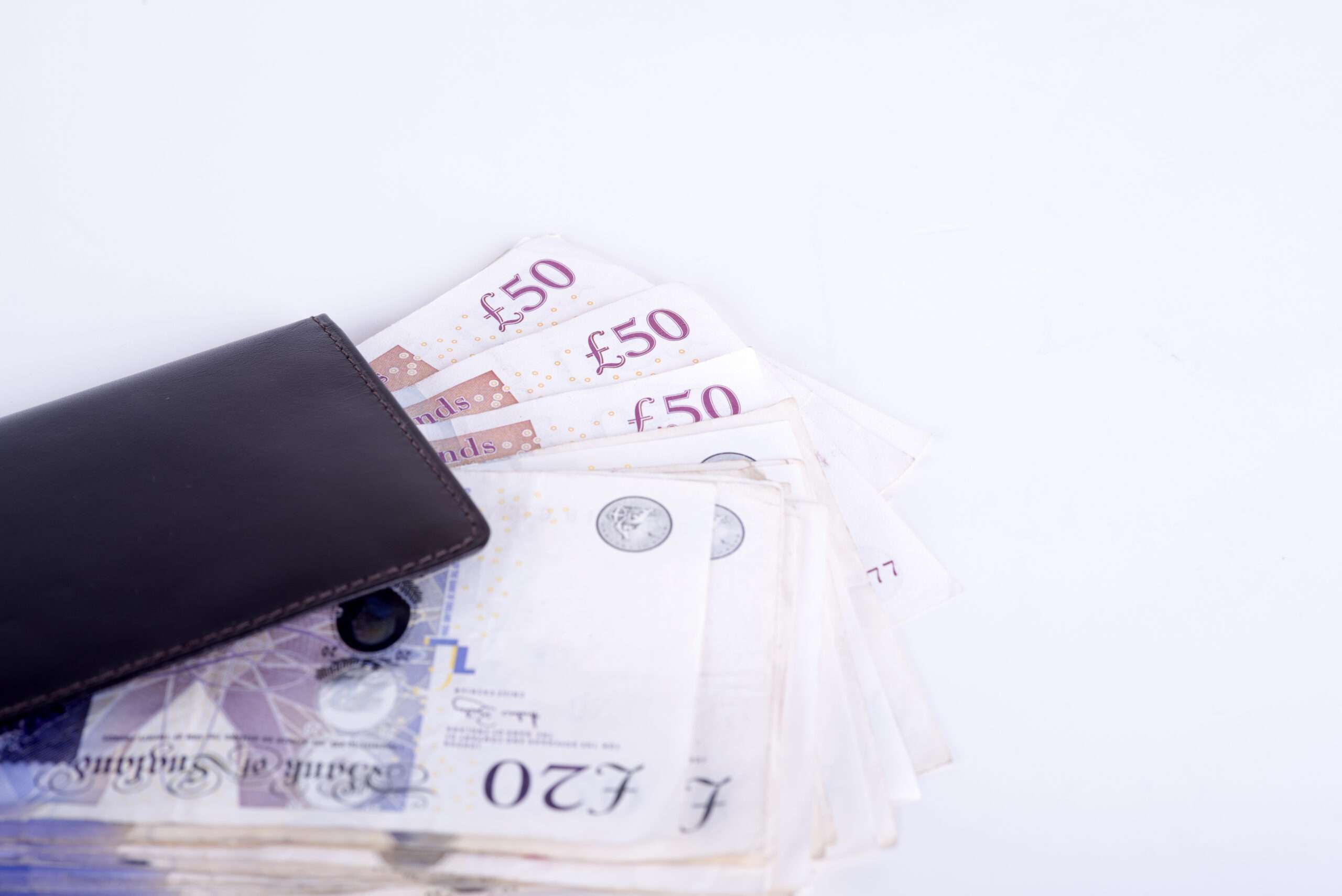In 2016, Donald J. Trump stated, “It is clear that as president, I will be bound by laws just like all Americans,” during his first campaign. However, times have changed, and he now claims immunity from prosecution on charges related to the 2020 election. The Supreme Court will soon consider this claim, which raises questions about the limits of presidential power.
The issue of whether a president can order the military to conduct unlawful killings has also arisen in this context. Judge Florence Y. Pan posed a hypothetical question about a president ordering SEAL Team 6 to assassinate a political rival, to which Mr. Trump’s lawyer responded that the president would not be subject to criminal prosecution for such an act.
This stance is concerning, as it suggests that the president may believe he is above the law when it comes to exercising his powers. The idea of ordering the military to carry out unlawful actions is dangerous and goes against the principles of justice and legality.
While Mr. Trump has made statements in the past about using legal powers to combat terrorism, he has also acknowledged the need to abide by laws and treaties. However, his recent claims of immunity from prosecution raise serious questions about accountability and the rule of law.
The Supreme Court will have to grapple with these complex issues, as former military and national security officials have raised concerns about the implications of unchecked presidential power. The duty to disobey unlawful orders is crucial, but the idea of a president being immune from prosecution for abuses of power is troubling.
A brief from retired admirals and generals, along with former secretaries of the Army, Navy, and Air Force, highlights the potential dangers of presidential immunity coupled with the power to pardon crimes. This combination could lead to a situation where unlawful actions are committed without fear of consequences, undermining the very foundation of the legal system.
It is essential for the Supreme Court to carefully consider these arguments and uphold the principles of accountability and justice. The idea that a president is above the law is antithetical to a democracy based on the rule of law. The consequences of unchecked presidential power could have far-reaching implications for the future of governance in the United States.






